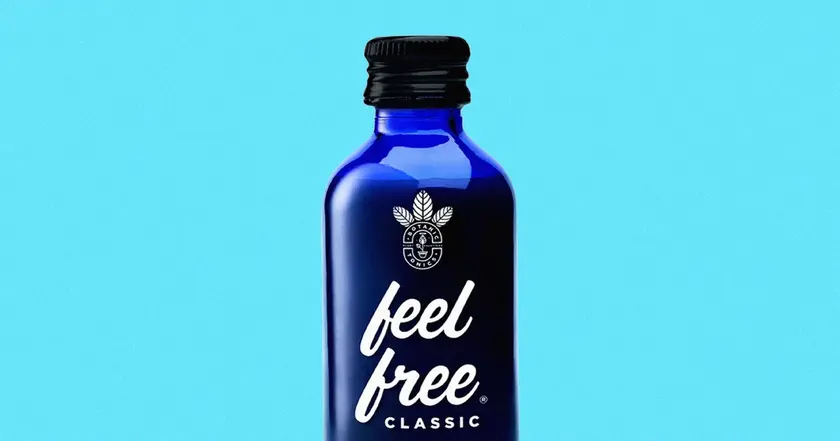T4K3.news
Deregulation fuels a dangerous supplement market
A look at how lax rules and lobbying shaped kratom tonics and left users exposed to addiction
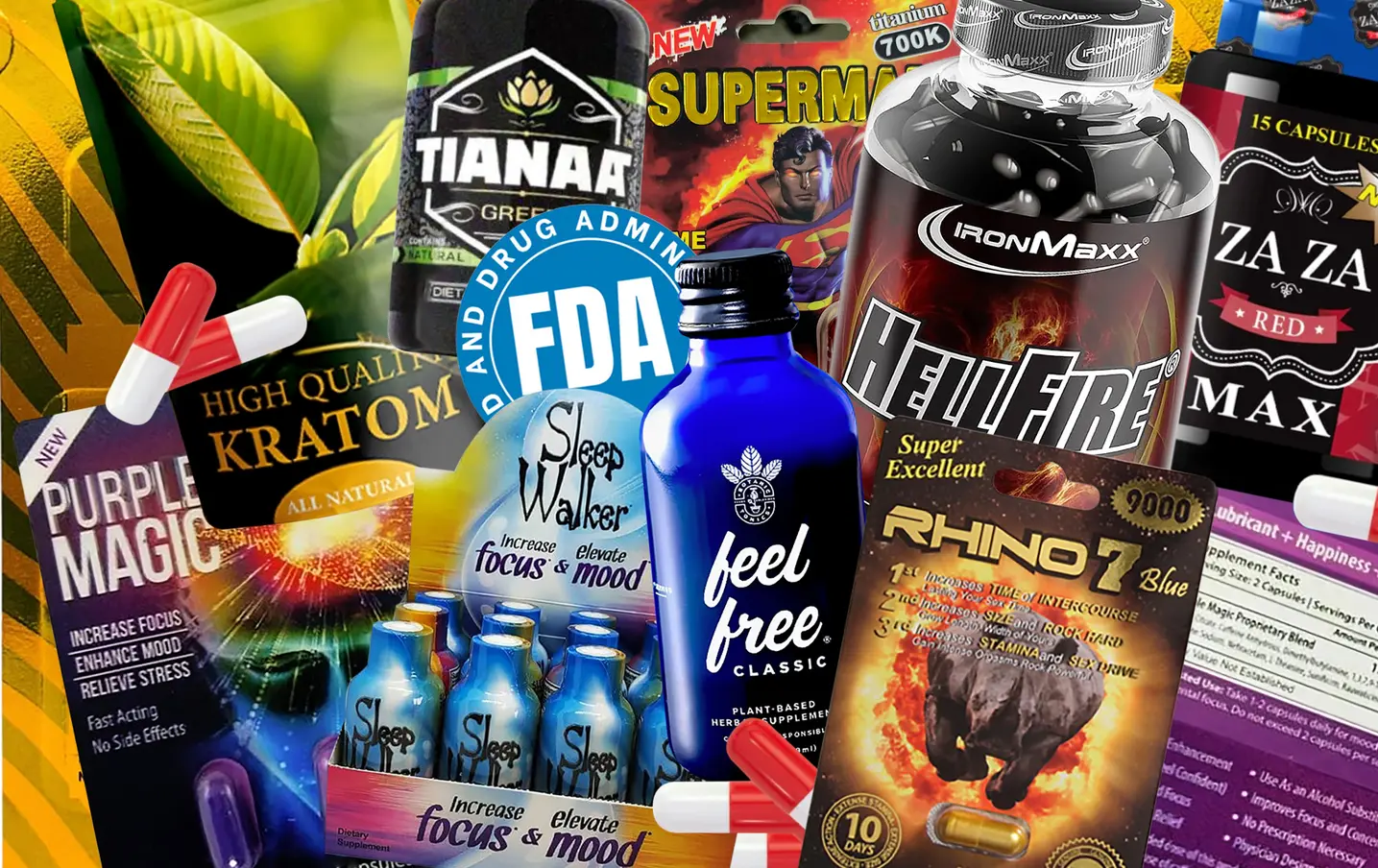
An editorial look at how lax rules and political lobbying helped create a kratom driven market in gas stations and head shops, with real lives affected.
Deregulation fuels a dangerous supplement economy
Across the country, gas stations and shops stock tonic drinks that mix kratom with other herbs. Marketed as natural boosts for mood and energy, these tonics are inexpensive and easy to buy. The FDA has begun to move against the strongest kratom compounds, but the changes do not target all products on the shelves. The 1994 Dietary Supplement Health and Education Act exempted supplements from premarket FDA review, allowing firms to make close to unverified claims as long as they include a vague disclaimer. This regulatory loophole helped the industry grow into a multi billion dollar market with limited outside checks.
The article tracks how political and industry forces shaped this landscape. Orrin Hatch and his allies pushed a deregulation agenda that made it hard for the FDA to block new supplements before they reached stores. Later moves, like the 2010 and 2016 legislative maneuvers, kept enforcement weak while drug distributors and some lawmakers benefited financially. In the meantime, users describe escalating use, withdrawal symptoms, and cases that resemble addiction as they chase a perceived safer alternative to opioids. A Louisiana ban on kratom shows how states are trying to patch gaps, yet the broader system remains unsettled. The piece argues that a single ingredient ban is not enough and that real reform must address the underlying regulatory framework and marketing practices that label risky products as wellness aids.
Key Takeaways
"The real problem is a broken regulatory system that sells mind altering drugs on shelves"
Editorial takeaway on policy failures
"You do not need 7-OH to ruin a life you need a system that lets it happen"
Remarks on regulatory loopholes
"Banning a molecule is not enough when the architecture enables the crisis"
Policy critique
"Feel Free is not a one off it is a symbol of deregulation"
Case study in marketing and regulation
The piece does not just accuse a few bad actors. It calls out a regulatory architecture that rewards speed and market access over safety. By focusing on 7-OH as the scapegoat, it risks letting the bigger design flaws stand. The author suggests that the true problem is a policy culture that equates deregulation with innovation, while leaving consumers to navigate a noisy market and painful consequences. Reform would require premarket scrutiny for mind altering products, clearer labeling, and tougher penalties for misbranding. Until lawmakers acknowledge the wider system that birthed this crisis, new products will continue to slip through the cracks and leave Americans at risk.
Highlights
- Regulation failed at the shelf and lives paid the price
- Natural labels do not guarantee safety in a loophole economy
- A single molecule ban cannot fix a broken system
- Deregulation built an addiction economy that outpaced regulators
Deregulation fuels health and political backlash
The article links lax supplement rules and lobbying to a rising addiction crisis and potential political backlash, signaling risk of legal scrutiny and policy reform pressure.
The fight for real reform will outlive any single regulation or product.
Enjoyed this? Let your friends know!
Related News
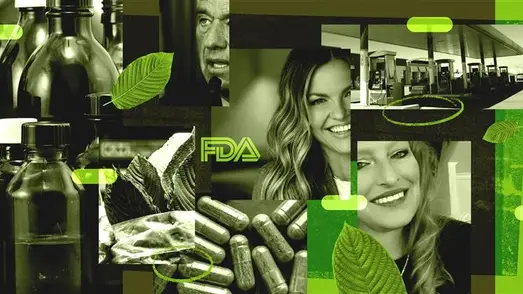
Kratom addiction linked to life-threatening consequences
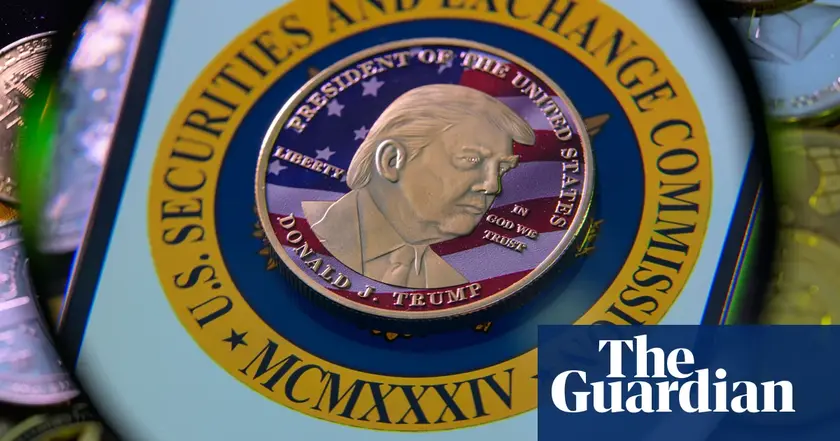
Trump's cryptocurrency ventures face backlash

Mother warns of kratom dangers after son's death
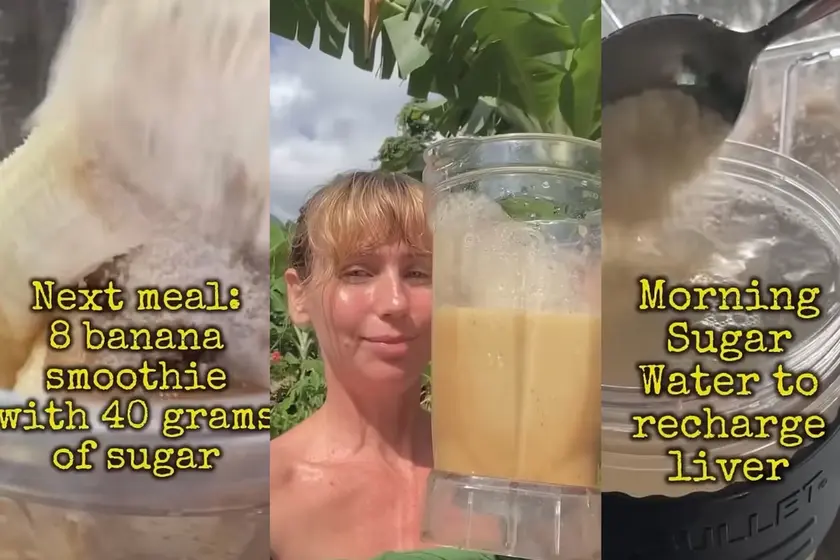
Sugar claims face expert scrutiny

Reeves announces major deregulation to promote economic growth
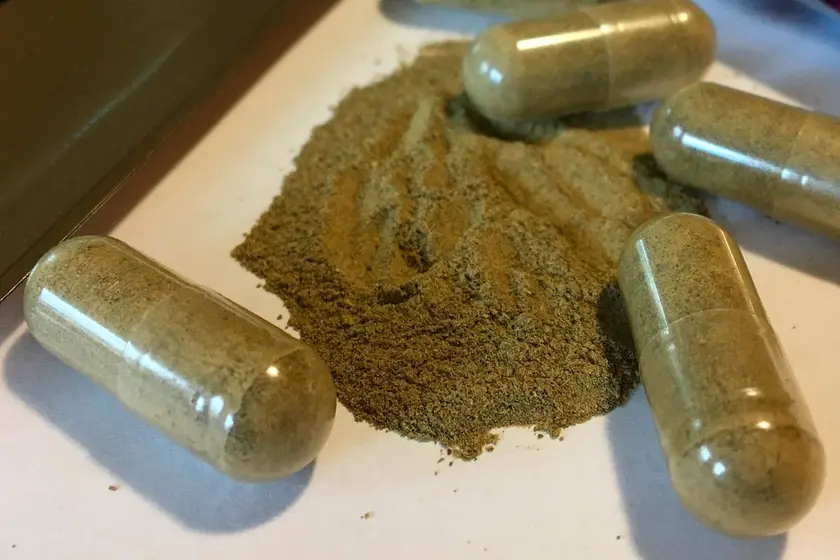
Family warns about kratom after son's death

EPA Plans to Revoke Greenhouse Gas Regulations
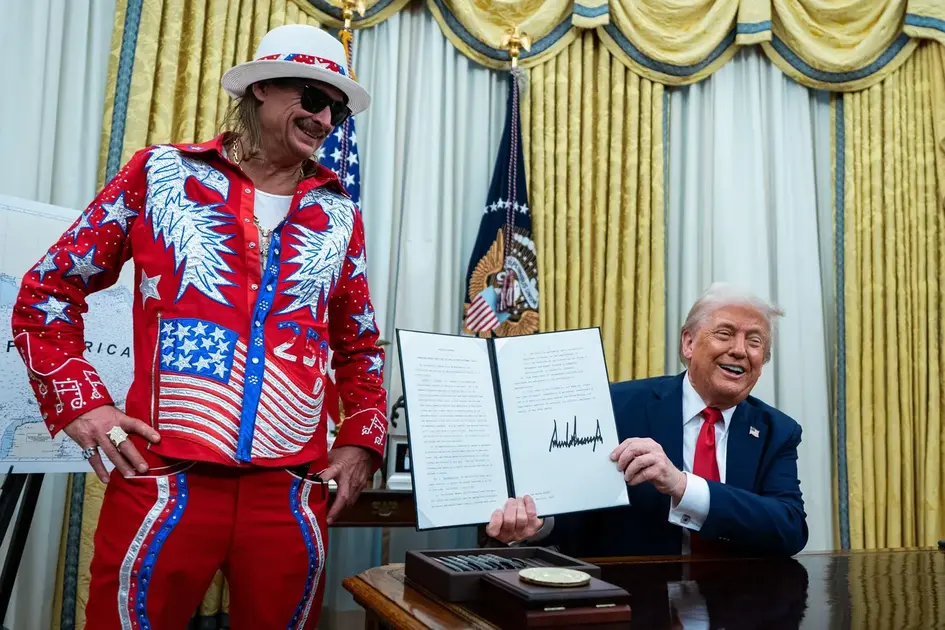
Trump revokes Biden competition policy
